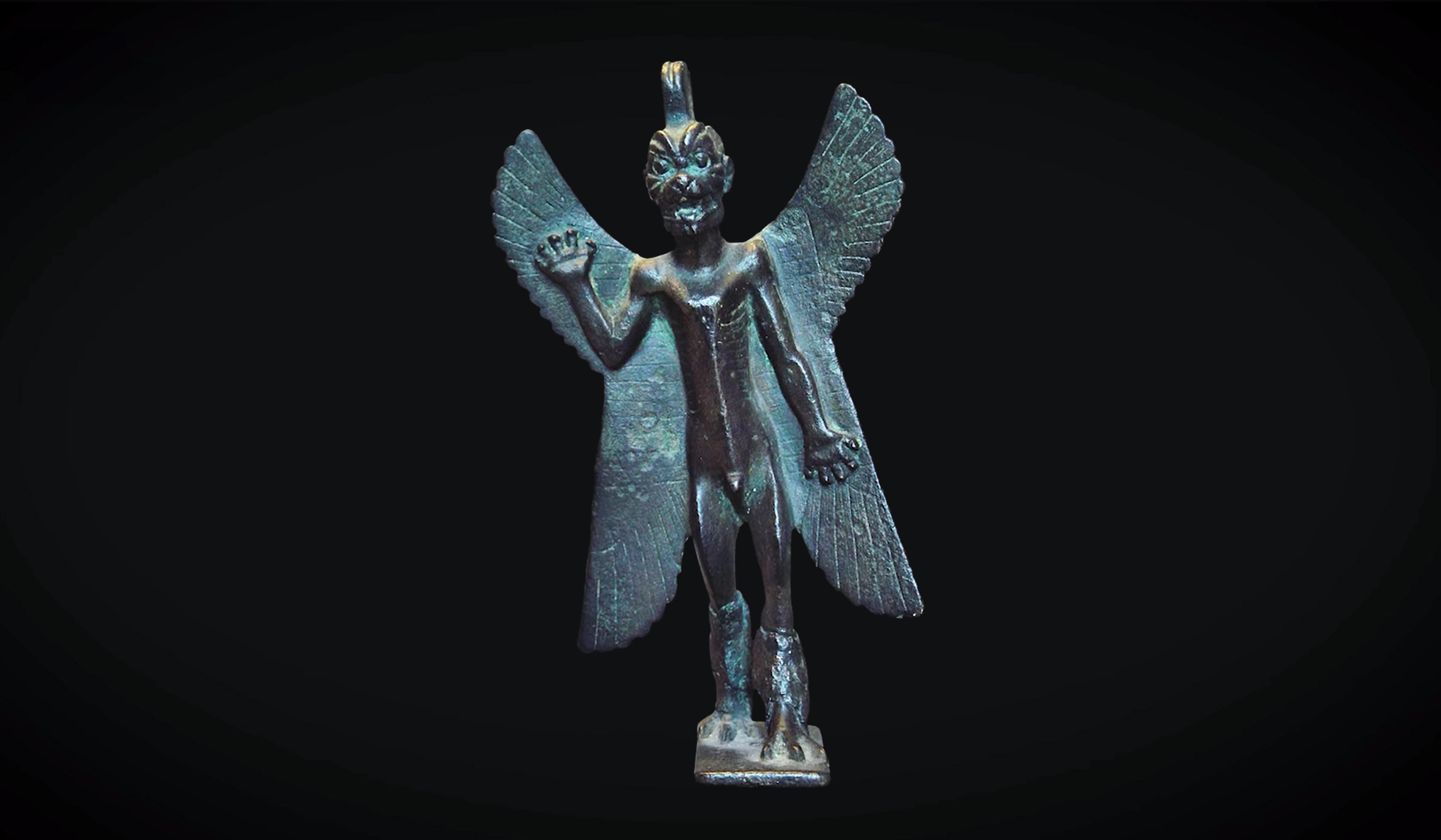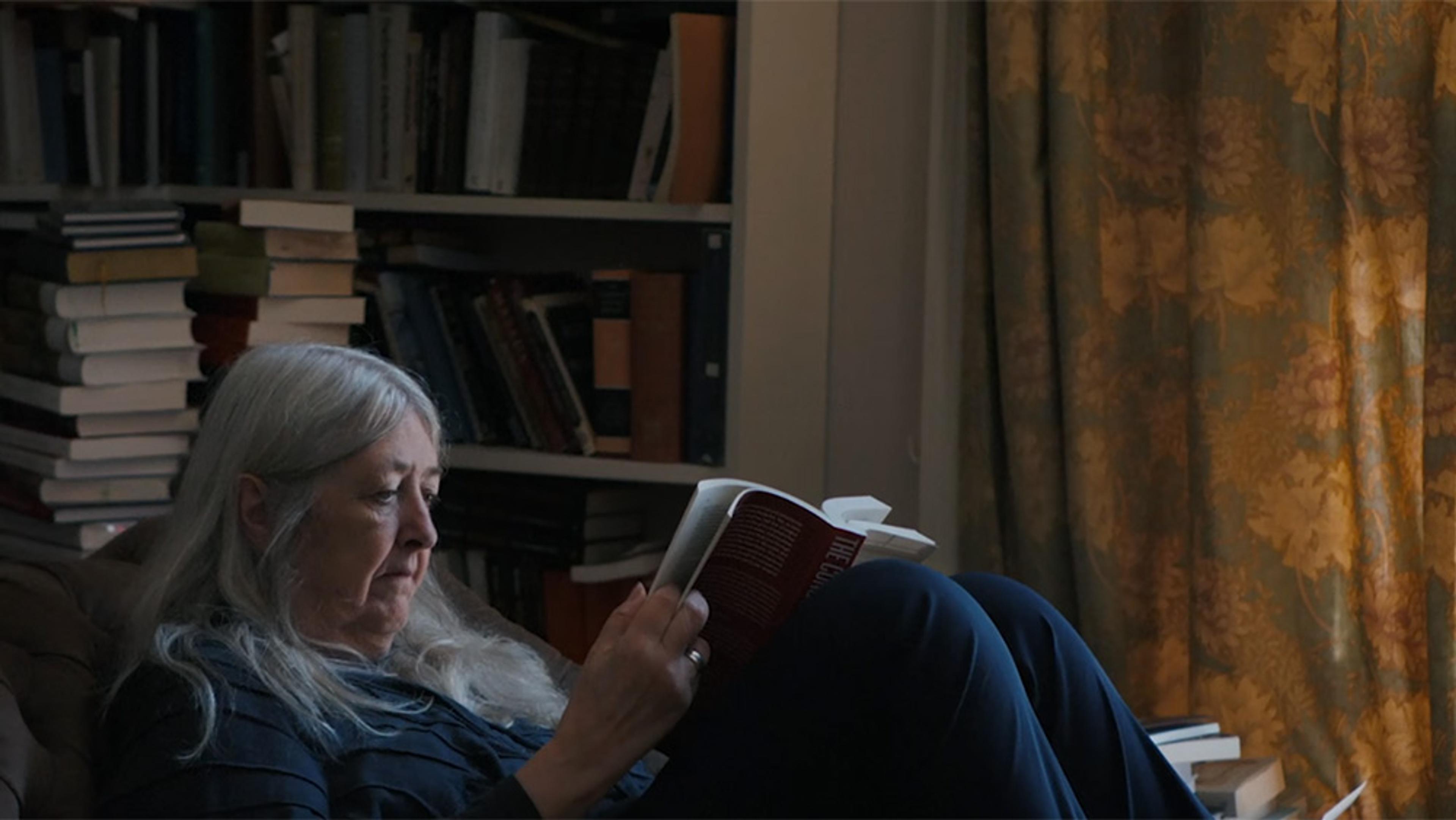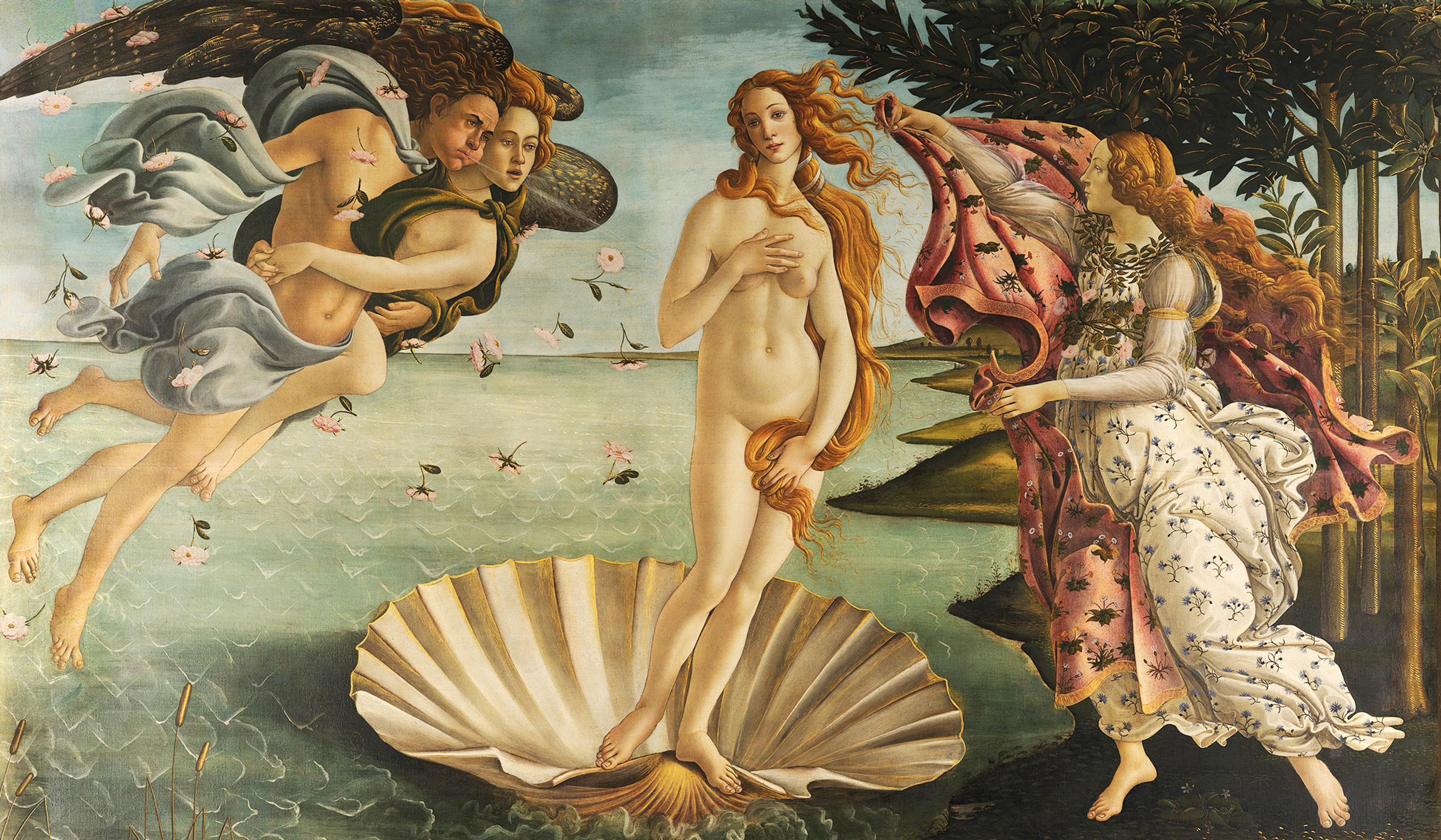Composed of six women from aristocratic ancient Roman families, the Vestal Virgins were priestesses dedicated to praising Vesta, the goddess of family and domestic life. Picked for their lineage and good health, their lives revolved around ritual acts of worship. The most important of these duties was keeping the fire at the Temple of Vesta, believed to symbolise both the chastity of these women and the flourishing of the Roman Empire, burning in perpetuity. And, as this short from TED-Ed explores, if the flame went out at any time, a Vestal Virgin could be accused of impurity and put to death in a harrowing ceremony of sacrifice. With vivid animations bringing the world of the Vestal Virgins into focus, the short provides a small window into gender and spirituality in ancient Rome, highlighting the ways in which religion and state were intrinsically linked.
The six priestesses who kept the flame of ancient Rome alight at risk of death
1 April 2024

videoThe ancient world
Archeological discoveries animate the life of the warrior queen who took on Rome
6 minutes

videoReligion
How the Hindu myth of Annapurna, goddess of food, connects sustenance with spirituality
5 minutes

videoWar and peace
‘Semper paratus’ – how the organisation of the Roman army made it always ready for war
3 minutes

videoHistory
Hags, seductresses, feminist icons – how gender dynamics manifest in witches
13 minutes

videoArchaeology
Frozen for millennia, an ancient Greek soldier is freed to charge into battle once again
8 minutes

videoThe ancient world
A tour of Pompeii as it was just before its destruction
14 minutes


